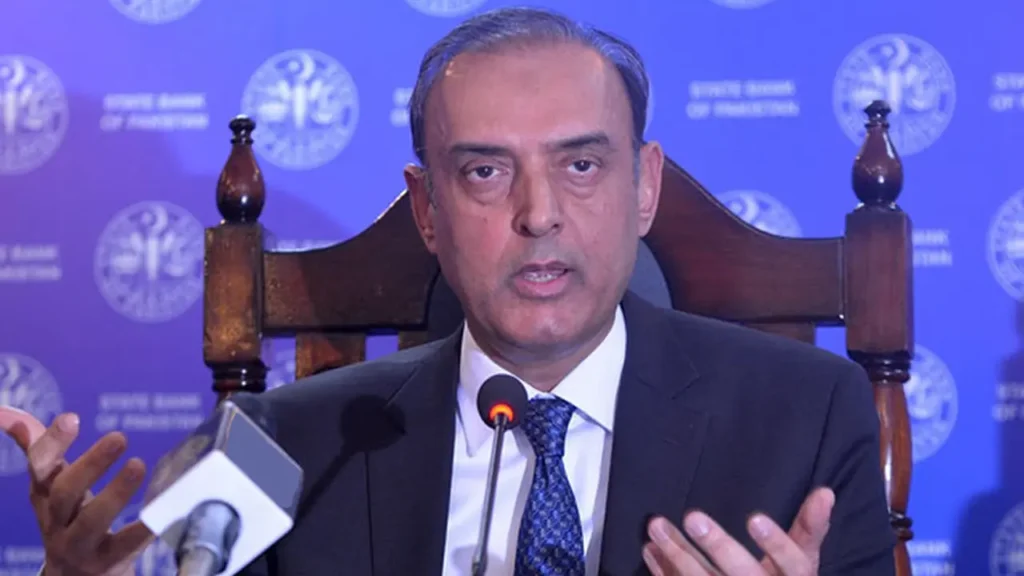- Web
- Feb 05, 2026
SBP launches Prism Plus to modernise Pakistan’s payment system
-

- Web Desk
- Aug 19, 2025

KARACHI: The State Bank of Pakistan (SBP) has launched a new payment and settlement system, Prism Plus, aimed at enhancing the efficiency, speed, and security of financial transactions across the country.
Speaking at the launch event at the National Institute of Banking & Finance (NIBAF), SBP Governor Jameel Ahmad said the new system represents a major advancement in Pakistan’s banking and financial infrastructure.
Also read: FBR extends cash transaction limit to online CoD orders
Developed under the international ISO 20022 financial messaging standard, Prism Plus aligns Pakistan with global best practices in digital payments. The governor also noted that this new system will play a critical role in modernising government securities transactions and ensuring greater transparency in the banking sector.
He added that this development is part of broader reforms that began with earlier upgrades to the Pakistan Real-time Interbank Settlement Mechanism (PRISM) system in 2017.
In 2024, PRISM transactions reached Rs 1.43 trillion – ten times Pakistan’s GDP – highlighting the scale and importance of the system. The SBP credits PRISM with improving convenience for the business community and supporting Pakistan’s transition to a more digital economy.
The SBP chief highlighted the growing role of digitalisation in the financial sector, citing over 225 million bank accounts in Pakistan and rising volumes of digital transactions as evidence of this shift. He also acknowledged the support of the World Bank in advancing the country’s financial infrastructure.
SBP RESERVES GET A BOOST
As per the latest data available, Pakistan’s foreign exchange reserves increased by $11 million this week, pushing the SBP holdings to $14.24 billion.
The rise lifted the country’s total liquid reserves to $19.50 billion as of August 8, according to figures released by the central bank last week.
Also read: FBR ends 5pc tax on online shopping platforms
The improvement comes two years after reserves had slipped to a dangerous low in mid-2023, falling below $4 billion and sparking fears of a sovereign default. At the time, the stock was barely enough to cover a few weeks of imports.
Since then, the government has turned to the International Monetary Fund (IMF) for support, securing two loan programmes, introducing lender-backed reforms, and pushing for foreign investment through economic diplomacy. Efforts have also been made to strengthen remittance inflows via banking channels and move towards export-driven growth.




